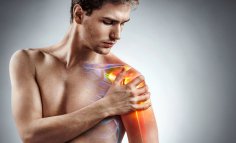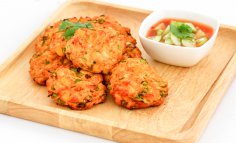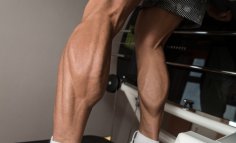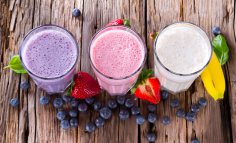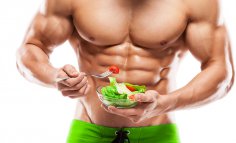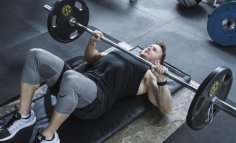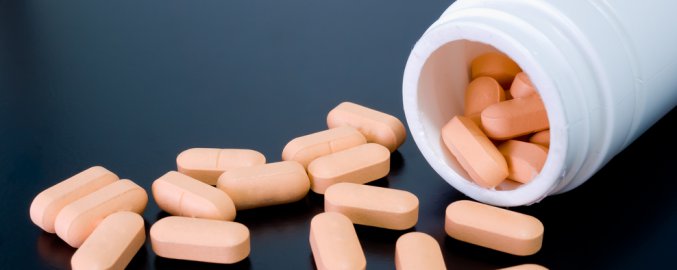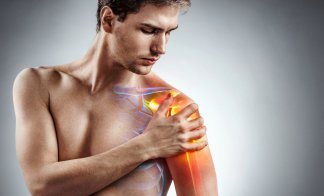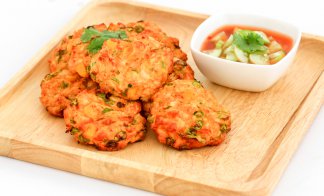Studie på 15 judoutövare på elitnivå under en ramadan (fasta från soluppgång till solnedgång) (1).
De tränade som vanligt och behöll kaloriintaget (runt 3100 kcal) och fördelningen av makronutrienter konstant, och minskade kroppsvikten med ca 2 % i huvudsak genom fettförlust.
Det påvisades också i tråd med andra studier på ämnet (2) vissa generellt positiva förändringar i serumlipider och lipoproteiner.
1. Lipid Profiles of Judo Athletes during Ramadan.
Int J Sports Med. 2007 Sep 18
The effect of Ramadan intermittent fasting (RIF) was studied on a battery of blood lipid markers in 15 elite judo athletes during a period when they were maintaining their training load without competing. Nine-to-twelve hours postprandial serum lipid and lipoproteins were measured on five occasions: before, three times during Ramadan, and three weeks post-Ramadan. Dietary data were collected using a 24-hour recall method for three days before, during and after the Ramadan month. Mean energy intake (12.9 MJ/d) remained similar throughout the study as did the macronutrient constituents of the diet. Mean body mass was slightly reduced (2 %; p < 0.01) by the end of Ramadan due mainly to a 0.65 +/- 0.68 kg decrease in body fat (p < 0.05). The RIF produced significant changes in some of the blood lipid levels: both HDL-C and LDL-C increased by 0.12 (p < 0.01) and 0.20 mmol . l (-1) (p < 0.05), respectively. During Ramadan, mean non-esterified fatty acid (NEFA) levels decreased from 0.73 to 0.28 mmol . l (-1) (p < 0.01) during the first week, then increased (p < 0.05) to 1.22 mmol . l (-1) over the middle of Ramadan and recovered to pre-Ramadan concentrations for the end and the post-Ramadan periods. Apolipoprotein A1 (Apo-A1) levels were significantly elevated at the end (p < 0.01) and the post-Ramadan periods (p < 0.05). Three weeks after Ramadan, blood levels of glucose, NEFA, Apo-A1, and Apo-B did not return to the values observed before Ramadan. In conclusion, the present results show that the combination of the change in diet pattern during Ramadan, along with intense exercise training, induced a significant decrease in body mass associated with a reduction in body fat and changes in some of the serum lipids and lipoproteins. Nevertheless, all the measured serum parameters remained within normal levels for young and active individuals. The volunteers, in this study, were able to maintain a constant training load during RIF.
2. Effects of intermittent fasting on serum lipid levels, coagulation status and plasma homocysteine levels.
Ann Nutr Metab. 2005 Mar-Apr;49(2):77-82. Epub 2005 Mar 29
BACKGROUND: During Ramadan, Muslims fast during the daylight hours for a month. The duration of restricted food and beverage intake is approximately 12 h/day which makes Ramadan a unique model of intermittent fasting. Many physiological and psychological changes are observed during Ramadan that are probably due to the changes in eating and sleeping patterns. METHODS: Serum total cholesterol, triglycerides, high-density lipoprotein (HDL), low-density lipoprotein (LDL), prothrombin time, activated partial thromboplastin time (aPTT), plasma fibrinogen, D-dimer and homocysteine levels were measured in 24 healthy fasting volunteers (12 females, 12 males) aged 21-35 years. Venous blood samples were taken 1 week before Ramadan, on the 21st day of Ramadan and 20 days after Ramadan. RESULTS: No significant changes were observed on serum total cholesterol, triglycerides and LDL levels. HDL levels were significantly elevated during Ramadan (p < 0.001) and 20 days after Ramadan (p < 0.05). Prothrombin time, aPTT, fibrinogen and D-dimer levels were in the physiologic limits in all samples but D-dimer levels were significantly low at the end of Ramadan in comparison to pre- and post-fasting levels (p < 0.001). Homocysteine levels, being still in reference ranges, were low during Ramadan (p < 0.05) and reached the pre-fasting levels after Ramadan. CONCLUSION: Our results demonstrate that intermittent fasting led to some beneficial changes in serum HDL and plasma homocysteine levels, and the coagulation status. These changes may be due to omitting at least one meal when the body was particularly metabolically active and possibly had a low blood viscosity level at the same time. We conclude that intermittent fasting may have beneficial effects on hemostatic risk markers for cardiovascular diseases.



